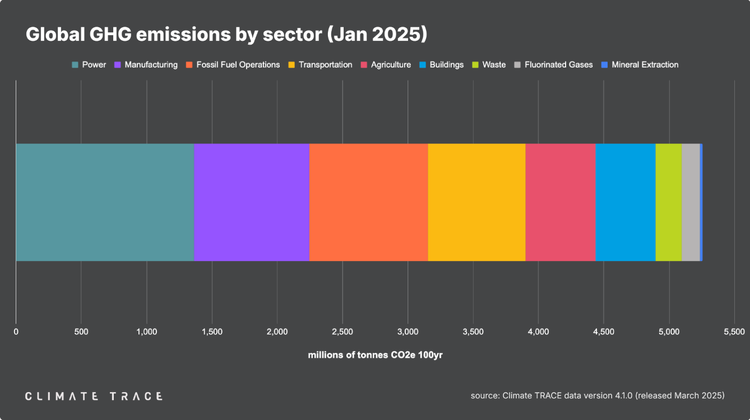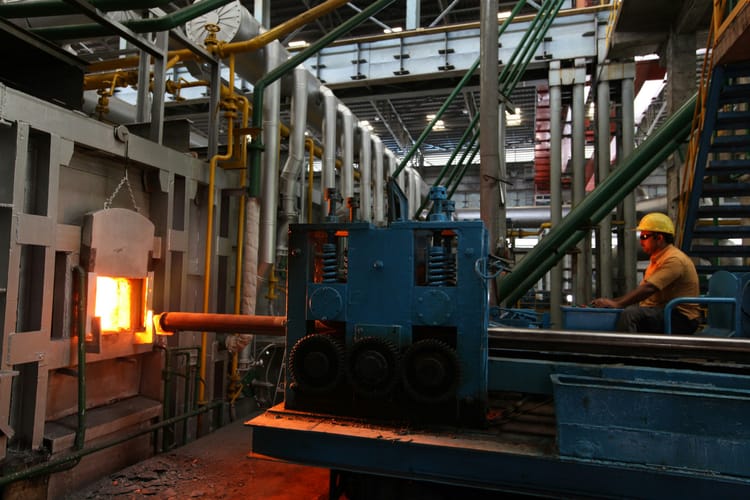Unilever CEO drives sustainability refocus amid underperformance: ‘Not all brands need a social or environmental purpose’

Unilever’s new CEO Hein Schumacher is leading a radical refocus of the company’s sustainability as well as broader corporate strategy after suggesting that “thinly spread” efforts were partly responsible for underperformance.
Schumacher spoke to investors following the publication of Unilever’s Q3 2023 results, which showed a 3.8% year-on-year turnover drop, to €15.3 billion.
He said that while Unilever’s sustainability work (spearheaded by Chief Sustainability Officer Rebecca Marmot) is “truly pioneering”, the firm has made “too many long-term commitments that failed to make a sufficient short-term impact”.
The newly-appointed CEO, whose salary has been frozen until 2026, explained that the company would now put the majority of its capital and resources behind its top 30 brands, which together make up 70% of turnover, in order to lead them towards “unmissable, consumer-perceived superiority” – and hinted that superiority in the sustainability arena should result in a price premium.
His strategic shakeup comes after analysts told Unilever earlier this year to “stop acquiring, stop shackling employees with bureaucracy, stop making empty promises and stop the corporate gobbledygook” – with Charlie Huggins, Head of Equities at broker Wealth Club, suggesting that there is “little wrong with Unilever on the surface. It has good brands and a great footprint in emerging markets. The problem has been execution and getting the best out of the assets it owns”.
Unilever's top 30 brands include Dove, Ben & Jerry’s, and Tresemmé, and Schumacher noted that some of them will want to make sustainability part of their brand proposition, in which case, they would “receive every encouragement” to do so.
“But we will not force-fit this across the entire portfolio,” he added.
“We know that consumers are increasingly prepared to pay a premium for this, and this revised way of thinking about superiority will allow us to identify the distinct drivers of superiority for different brands with real precision, enabling our business leaders to improve overall performance by addressing those attributes that make the difference,” he said.
Unilever-wide sustainability
For the rest of Unilever’s portfolio, there will still be a sustainability focus, articulated around the four pillars of climate, nature, plastics and livelihoods.
But Schumacher aims to move away from “aspirational” long-term goals and set “time-bound, costed roadmaps” with clear and measurable KPIs to ensure progress.
“Let me be clear: we are not walking away from sustainability. Rather, we are stepping into it in a different and I believe more impactful way,” warned the new CEO, who said that sustainability was a key factor in his own decision to rejoin Unilever.
These shifts in Unilever’s sustainability strategy form part of a general overhaul within the company, with the appointment of Shumacher to replace former CEO Alan Jope in July, followed by several board and management changes. The company is focusing on improving performance through faster growth, improved productivity and simplicity, and fostering a performance culture.
Investors reacted positively to the announcement and general restructuring of the company’s leadership, noting that a "fresh perspective on all aspects of the business” was necessary.







Member discussion